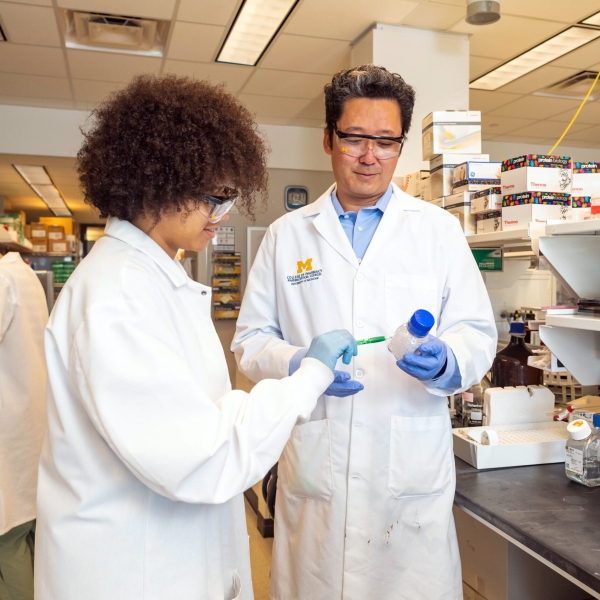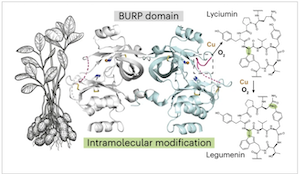Discover
Programs
Admissions
What's Happening
Student Resources
Quick Links
What's Happening
Giving
Update Your Information
Academic Departments
Clinical Pharmacy
- News & Events
- Faculty
- Previous Faculty Spotlights
- Department Metrics
- Research Laboratories
- CPTS PhD Program
- CPTS Fellowship Program
- Post-Graduate Residency
- REACH Fellowship
- Infectious Diseases Fellowship
- ACE Program
- Vision and Mission
- Department Directory
- Simulated Patient Program
- Our History
- Contact Us
Medicinal Chemistry
Pharmaceutical Sciences
Research
Contact Us
(734) 764-7312
(734) 763-2022
(734) 763-2022
- Prospective Student Inquiries
[email protected] - General Inquiries
[email protected]
University of Michigan
College of Pharmacy 428 Church St.
Ann Arbor, MI 48109-1065
College of Pharmacy 428 Church St.
Ann Arbor, MI 48109-1065







